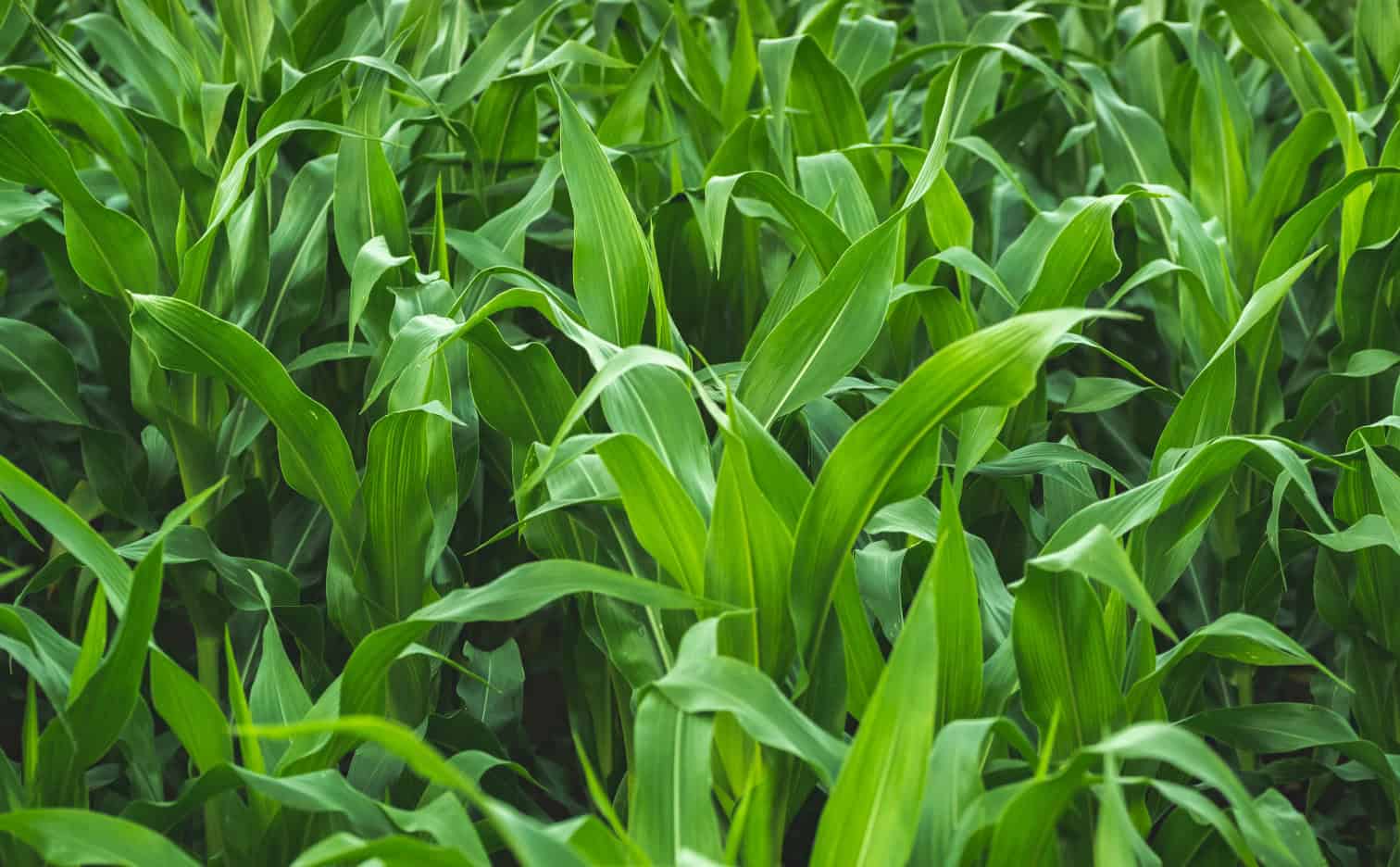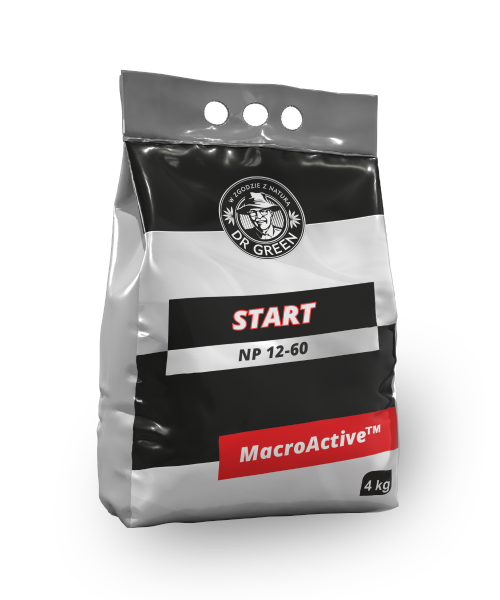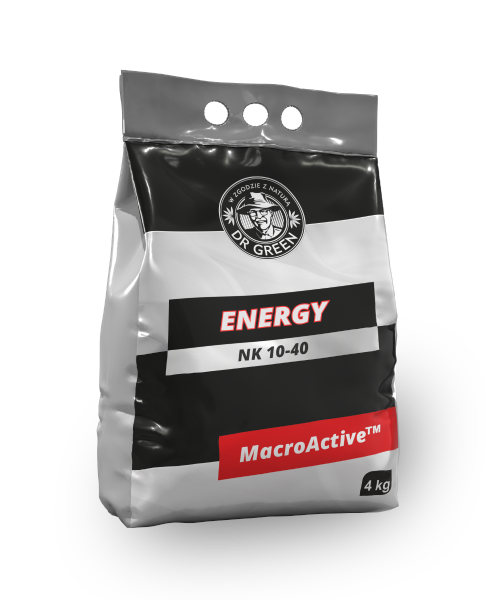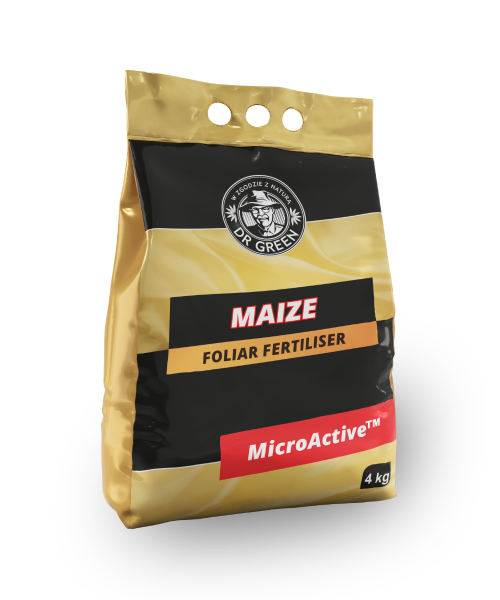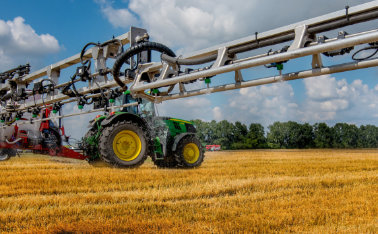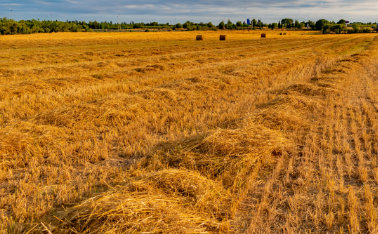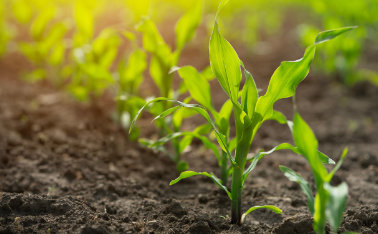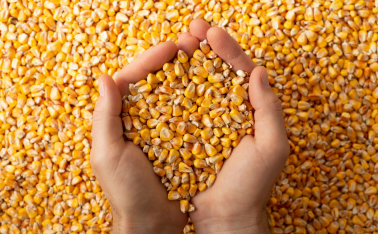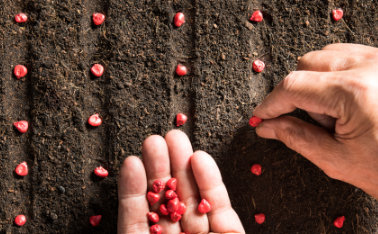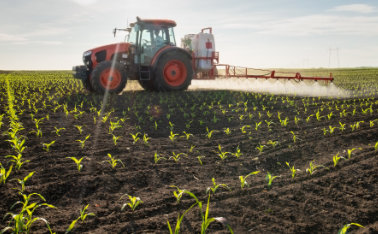Corn fertilizer – what does maize need to live?
Maize is a family that has very high nutritional requirements, and its initial development is determined by a number of different factors, including pre-sowing fertilization. It is this treatment that determines the correct initial development of maize and affects its future yield.
The dose of compounds that maize needs depends, among others, on two factors:
- The first is the soil abundance in nutrients – what kind of soil we have will determine the intensity of fertilization necessary for the maize. The less fertile the soil, the greater the dose of fertilizer must be delivered.
- An equally important element having a great impact on fertilization is the pH of the soil, which should be no less than pH 5.5. So it is important to do a soil test before applying soil fertilization.
Corn fertilization – fertilizer doses
With a yield of 10 tons of green fodder, maize consumes approximately: 38 kg of nitrogen (N), 14 kg of phosphorus (P2O5), 45 kg of potassium (K2O), 20 kg of calcium (CaO), 12 kg of magnesium (MgO), 5 kg of sulfur (S) or / and 17 g of boron (B), 13 g of copper (Cu), 150 g of manganese (Mn), 1.5 g of molybdenum (Mo) and 150 g of zinc (Zn).
Corn grown for grain takes for every 1 ton of grain and the appropriate weight of straw: 30 kg of nitrogen (N), 12 kg of phosphorus (P2O5), 30 kg of potassium (K2O), 10 kg of calcium (CaO), 10 kg of magnesium (MgO), 3.5 kg of sulfur (S) or as SO3 – 9 kg of SO3 and 11 g of boron (B), 14 g of copper (Cu), 110 g of manganese (Mn), 0.9 g of molybdenum (Mo) and 85 g zinc (Zn).
What to fertilize corn with?
Phosphorus and potassium are elements that have a huge share in the yield.
Both have a significant influence on the cob setting and their graining. That is why it is so important to fertilize corn with these ingredients in the amounts that it needs.
However, phosphorus is poorly absorbed in low temperatures, which causes inhibition of growth in maize and reddening of leaves. Bearing this in mind, phosphorus should be supplemented with microelements, feeding the plant by foliar application.
Potassium also regulates the water balance and nitrogen uptake in maize. Plants that received the correct dose of potassium show greater resistance to drought.
Long-acting forms of nitrogen are recommended for nitrogen fertilization of maize. This is because maize takes up nitrogen most intensively in the pre-flowering phase up to the cob production phase. Therefore, we should use fertilizers such as, for example, ammonium nitrate, calcium ammonium nitrate or UAN. However, the amide form of nitrogen contained in urea is the most recommended because it is released for a long time.
Micronutrient corn fertilization
Micronutrient fertilization is very important in the cultivation of this demanding plant. Corn shows the greatest sensitivity to zinc deficiency, high sensitivity to boron deficiency and average to copper, manganese and iron deficiencies. The natural resources of these micronutrients in Polish soils do not ensure the proper development of plants, therefore the demand of maize for these ingredients must also be covered by foliar feeding.
- Zinc in maize is responsible for the fertility of pollen grains, increases plant resistance to drought and diseases, and improves the efficiency of nitrogen fertilization. Zinc in maize can be used in many ways, i.e. soil fertilization in solid fertilizers (both in micronutrient and multi-component fertilizers enriched with this ingredient), soil spraying, and foliar application. The choice of the method of application affects both the choice of fertilizers and their dose. It must be remembered that the use of a soil component is very low and usually ranges from a few to several percent. Therefore, zinc in maize should be supplemented with foliar fertilization. Which is why zinc in corn should be supplemented with foliar fertilization with DR GREEN MAIZE, which contains a full set of microelements and amino acids.
- Boron determines the proper growth of plants and regulates the flowering processes, seed setting and water management of maize. Boron deficiency during flowering disrupts the cob formation process and is manifested by the cobbleness of the cob. The tops of the cobs are not grained.
- Copper is less important than zinc and boron, but also has a large influence on yield. Its deficiency causes poor pollination, disturbs the development of grains and cobs.
- Manganese, on the other hand, intensifies photosynthesis, improves plant vigor, increases resistance to diseases and influences the uptake of phosphorus and nitrogen from the soil by maize.
We can start foliar feeding of maize in the 6 leaf stage. The assimilation area of the leaves then allows for good nutrient uptake. Feeding can be repeated until the maize can be driven into the corn without damaging it.
Not only the number of foliar treatments is important, but also the form of the ingredients. Foliar fertilizers should be administered in a form that is available for plants. Ideal foliar fertilizers should be characterized by a high concentration of nutrients, full solubility at low water temperatures, good miscibility and high tolerance to combination with plant protection products.
A good solution is to use DR GREEN MAIZE fertilizer, which contains a full set of microelements, amino acids and vitamins.
